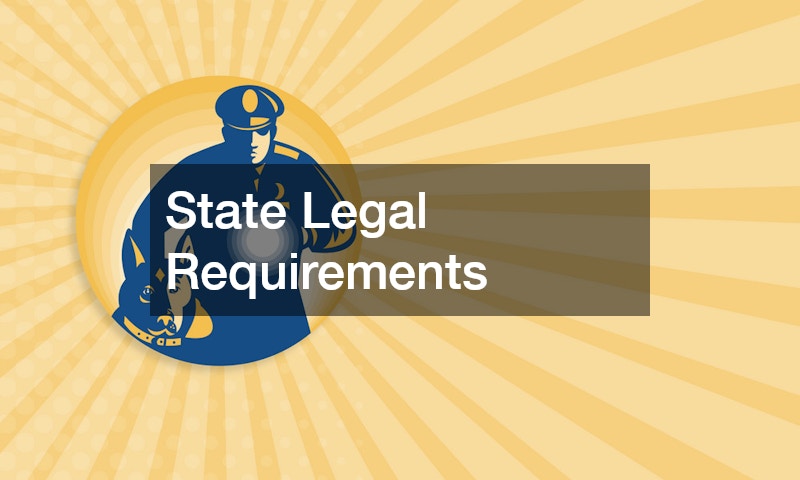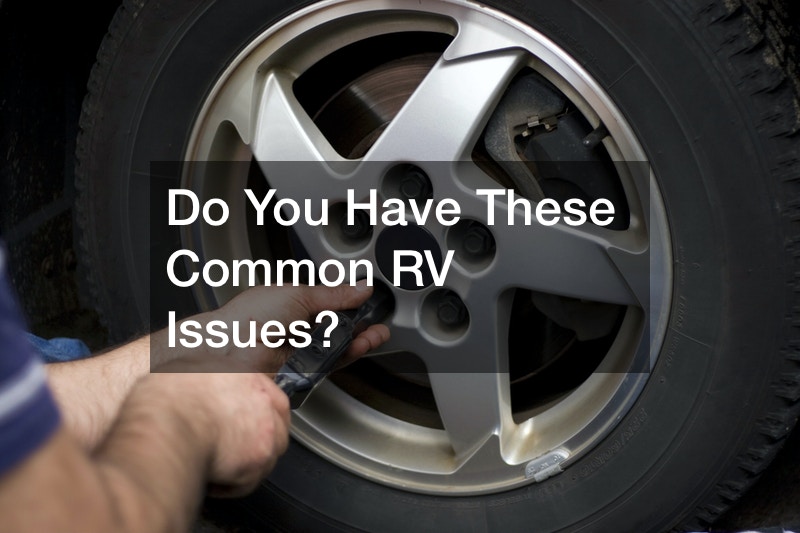
How to Pick the Auto Insurance Services That Are Right for You

Understanding auto insurance services can be daunting, but choosing the right plan ensures peace of mind in the face of unexpected events. This guide will walk you through the essential questions that frequently arise when selecting auto insurance and help you make an informed decision. By understanding your needs and comparing different options, you can find a policy that offers both protection and value.
What should I look for in an auto insurance policy?
Coverage Options
Different policies offer varying levels of coverage, including liability, collision, and comprehensive insurance. Liability coverage generally covers damages you are legally responsible for, while collision insurance pays for damages to your car following an accident. Comprehensive insurance provides broader protection, covering non-collision-related incidents such as theft or natural disasters.
It’s essential to align coverage with your specific circumstances. For instance, if you commute daily through busy urban areas, opting for comprehensive coverage might be wise. Drivers living in areas prone to natural disasters might also benefit from the added protection of comprehensive plans.
As technology advances, insurance companies are also offering more personalized policies, which may include usage-based insurance where premiums are influenced by your actual driving behavior. Such innovations can be advantageous, particularly for infrequent drivers. Remember, understanding what each type of coverage entails can help you decide what is necessary for your needs.
Cost vs. Benefits
Balancing the premium cost against the benefits provided by the policy is crucial. While a cheaper premium might be attractive, it is essential to ensure that the coverage is comprehensive enough to meet your needs. Often, middle-tier options provide a balance between cost and coverage benefits.
Evaluate different price points and coverage combinations to find the most cost-effective option. Some insurers offer discounts for bundled insurance services, such as combining auto and home insurance. In some cases, higher deductibles can reduce monthly premiums without overly compromising the level of protection.
Consider what benefits are crucial for you and whether they justify the cost. For example, some policies provide rental car coverage, which might be beneficial if you rely on your vehicle heavily. Overall, aim for adequate protection without paying for unnecessary extras.
Customer Support and Claims Process
Investigate the insurer’s reputation for customer service and their efficiency in handling claims. A reliable insurance company should provide excellent support and a straightforward claims process. Reviews and customer feedback can offer valuable insights into the insurer’s service quality.
Quick processing times and responsive customer service can be critical during stressful situations following an accident. An insurance provider with a solid reputation is likely to handle your claims more effectively. Furthermore, digital tools like mobile apps can make managing your policy and filing claims more convenient.
While some might overlook customer support when choosing a policy, it’s a significant factor. An insurer that prioritizes customer satisfaction can offer peace of mind. Overall, ensure the company you choose values transparency and client engagement.
How do I determine the right amount of coverage needed?
Personal Driving Habits
Consider how frequently and where you drive. High-mileage drivers or those in urban areas may need different coverage than occasional drivers. Evaluate how your daily routine influences your exposure to potential risks.
For example, if you drive long distances frequently or face heavy traffic, you might benefit from higher coverage limits. Insurance companies sometimes offer usage-based policies for those who drive less, which could reduce premiums. Ultimately, understand how your driving behaviors impact your insurance needs.
Additionally, specific driving situations like carpooling or ridesharing may require tailored policies. Inform your insurer if you participate in such activities to ensure adequate coverage. Tailoring your policy according to personal habits ensures optimal protection without excessive expenditure.
State Legal Requirements
Each state has minimum insurance requirements. It’s imperative to ensure your policy meets these legal obligations while assessing if additional coverage is necessary based on your circumstances. Not adhering to state mandates could lead to penalties or legal issues.
Beyond meeting the minimum requirements, consider enhancing your coverage for added security. Some states require specific types of coverage, such as uninsured motorist protection, to safeguard against drivers who lack insurance. Being informed about your state’s insurance laws can help avoid surprises.
Remember, legal requirements are just the baseline. Tailoring your coverage to exceed these requirements may offer greater peace of mind. Analyze the risks specific to your location to make informed decisions about supplementary coverage.
Choosing the right auto insurance services requires an understanding of various policy features, personal needs, and legal requirements. By evaluating coverage options, weighing costs against benefits, and understanding personal factors, you can select a policy that provides appropriate protection without excessive cost. This balanced approach ensures peace of mind, knowing that you have the right level of coverage for your unique situation.
.



